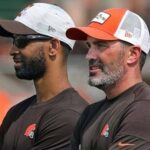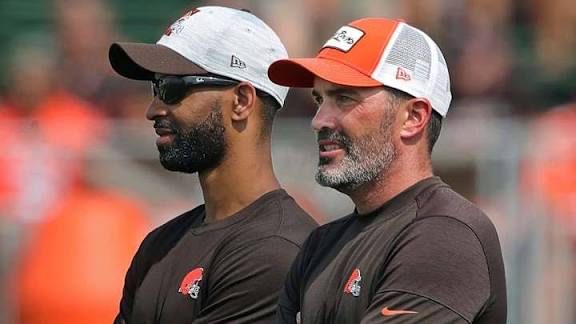It’s rare for tour players to have their most successful year late in their career, let alone in their 40s, but three-time major champion Hale Irwin is a notable exception. Twenty-two years into his professional career, Irwin had his most successful season in 1990, when he captured his third U.S. Open title.
After defeating Mike Donald in an iconic 18-hole Monday playoff at Medinah Country Club, where he drained a 60-foot birdie putt on the 91st hole to claim the U.S. Open title, Irwin became a prominent case study as someone who could still compete at a high level even as he aged. Throughout his career, Irwin was known for his fast tempo, which was a byproduct of his natural athleticism as a former college football player, and was instrumental to his success on tour. In a June 1991 article, Irwin told Golf Digest, “Tempo may be the most underrated part of any golf swing.”
“No matter how good your fundamentals are, poor tempo almost always leads to poor results. Especially under pressure, more shots are ruined by loss of rhythm than for any other reason,” Irwin said.
As Irwin explained, there’s a difference between speed and tempo, and good tempo can look different in every golf swing.
“Take Lanny Wadkins and Fred Couples. Both have achieved great results in their careers, yet each has a distinctly different setup, swing and especially tempo,” Irwin said, “They may be made at different speeds, but there is nothing jerky or rushed about either.”
HALE IRWIN’S DRILLS FOR BETTER TEMPO
Irwin also shared a couple of his favorite drills for finding your optimal golf swing tempo. The first is to practice with your feet together. To try this, take your normal stance and setup, then bring your feet together so they’re almost touching. By hitting a few shots with this narrow stance, you’ll learn to smooth out your backswing and make better contact with the ball.
“If you can stay centered and make a proper turn around your central axis (your spine), then your tempo is probably pretty good. If you swing too fast, however, that central axis will shift to the right and you will fall over,” Irwin said.
“Either way, you get instant feedback on both the tempo and balance of your backswing,” Irwin said.
Irwin’s second tip for smoothing out your tempo is to hit three-quarter shots, which is different than making a shorter swing or a smaller rotation.
“It is merely a slower delivery of the clubhead through the ball,” Irwin said, “The only major difference is that I grip down on the club a little. That reduces the width of my arc and therefore the power I can generate.”
Irwin suggests grabbing a 5-iron for this drill.
“Hit shots imagining you are making practice swings without a ball. That is a good feeling to foster,” Irwin said, “Too often I see my pro-am partners make beautiful practice swings, then tense up over the actual shot.”
The key to this drill, Irwin says, is to not worry about where the ball is going.
“Focusing on the quality of your shots only takes your mind off your swing. And that leads to more tension,” Irwin said, “So concentrate on making a smooth, flowing swing, merely letting the ball get in the way of the clubhead.”
Now that you know Hale Irwin’s tempo keys, you’ll be able to swing smoothly—even in high-pressure situations.
For more tips from golf’s greatest players and instructors check out the Golf Digest Archives.

